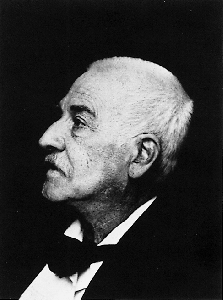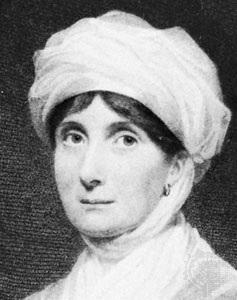A Quote by John Milton
For Solomon, he lived at ease, and full Of honour, wealth, high fare, aimed not beyond Higher design than to enjoy his state.
Related Quotes
When the sacredness of one's word is matched in the attributes of his character throughout, all that constitutes a man, then we find that there is something in a man's life greater than his occupation or his achievements; grander than acquisition or wealth; higher than genius; more enduring than fame.
Physically, we get older and then we die. Yet spiritually, whether we go backward or forward is a matter not of the body but of consciousness. When we think about age differently, then our experience of it changes. We can be physically older but emotionally and psychologically younger. Some of us were in a state of decay in our 20s and are in a state of re-birth in our 60s or 70s. King Solomon, who supposedly was the wisest of all men, described his youth as his winter and his advanced years as his summer. We can be older than we used to be yet feel much younger than we are.
He's at ease, his body sculpted to the music, his shoulder searching the other shoulder, his right toe knowing the left knee, the height, the depth, the form, the control, the twist of his wrist, the bend of his elbow, the tilt of his neck, notes digging into arteries, and he is in the air now, forcing the legs up beyond muscular memory, one last press of the thighs, an elongation of form, a loosening of human contour, he goes higher and is skyheld.
The state incurs debts for politics, war, and other higher causes and 'progress'. . . . The assumption is that the future will honour this relationship in perpetuity. The state has learned from the merchants and industrialists how to exploit credit; it defies the nation ever to let it go into bankruptcy. Alongside all swindlers the state now stands there as swindler-in-chief.
The Landlord is a gentleman who does not earn his wealth. He has a host of agents and clerks that receive for him. He does not even take the trouble to spend his wealth. He has a host of people around him to do the actual spending. He never sees it until he comes to enjoy it. His sole function, his chief pride, is the stately consumption of wealth produced by others.
Foreigners cannot enjoy our food, I suppose, any more than we can enjoy theirs. It is not strange; for tastes are made, not born. I might glorify my bill of fare until I was tired; but after all, the Scotchman would shake his head and say, 'Where's your haggis?' and the Fijan would sigh and say, 'Where's your missionary?'
He appeared to enjoy beyond everything the sound of his own voice. I couldn't wonder at that, for it was mellow and full and gave great importance to every word he uttered. He listened to himself with obvious satisfaction and sometimes gently beat time to his own music with his head or rounded a sentence with his hand.






































